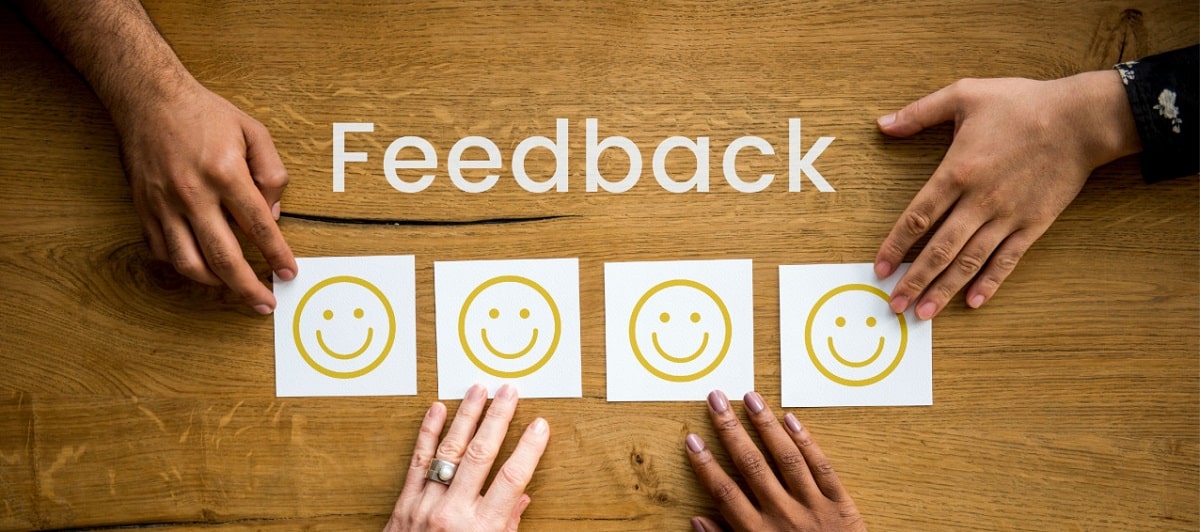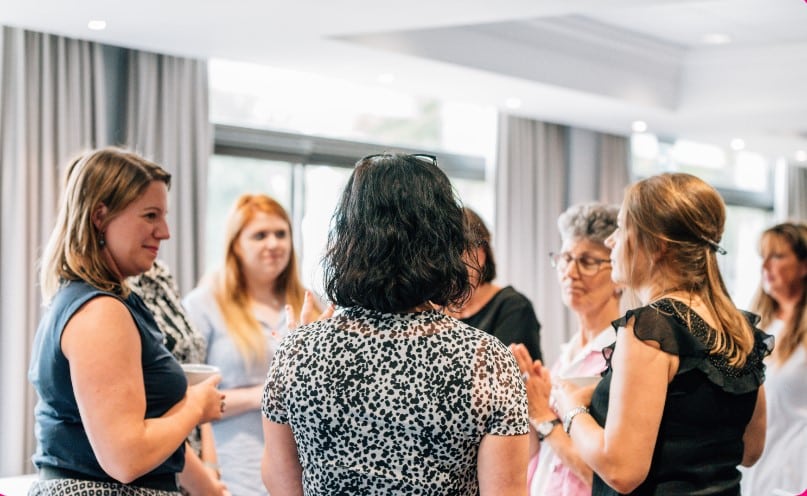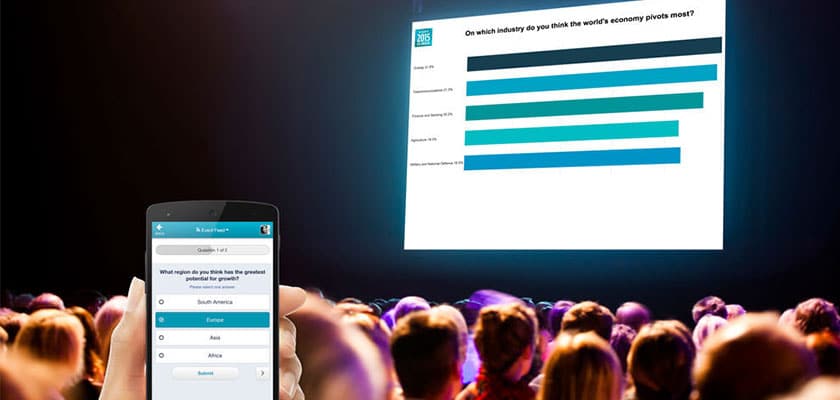
Have you ever been to an event and thought, “I loved it!”? Of course you have.
But what if I told you that there was a way to make that same event even better next time? And what if I said that it only took one simple step for this improvement to happen? Well, my friends, the answer is feedback.
It Provides You With Information On How to Improve

Feedback is a very important part of event management. It helps you to improve future events and it gives you information on how to improve the current one.
The following are some ways in which feedback can help you:
- Improving your event: The more people who give their opinions, the more likely they will be true. This means that if a lot of people think that your event was bad, there might be something wrong with it. You can then use this feedback as an opportunity for improvement for future events (if this is applicable).
- Improving your skills: Feedback also provides an opportunity for self-development and professional growth. You can use the feedback from past events to develop new skills or add more depth to existing ones so they're more useful when planning future events
- Improving your team's skills: Feedback is also a great way to improve the skills of your team. It helps them understand what went well and what didn’t, and allows them to learn from it for future events.
It Makes People Feel Valued

When you ask for feedback, you're saying that you value your guests' opinions. You're saying that they are important to you and that you want to hear what they have to say. You're also showing them how much they matter by taking their opinion into account when planning future events. By asking guests for their input, not only do they feel valued but it shows the whole team (including event management) gratitude towards their hard work.
It’s important not to take feedback personally! Your job as an event manager is not just about throwing parties; it's about making sure all stakeholders in the organization feel heard, included and empowered in shaping the outcome of events.
In addition to talking with your attendees, it's important to listen to what they're saying online. Social media can be a valuable tool for listening and learning from your customers. It's a perfect place to see what issues they're facing or what questions they have about the products and services you offer. By monitoring conversations on Facebook, Twitter and other social networks, you can gain insight into what matters most to people—and how you can use that information in the future.
You Get to Know What People Really Think

You get to know what people really think. That's obviously important, but it's also less obvious how valuable that can be. It’s easy to focus on the events you're planning and how you can improve them. But by talking with your attendees after an event, you'll gain a better understanding of the bigger picture: what do they want? What do they need? What kind of experiences will make their lives easier or better?
By taking advantage of feedback opportunities at any stage in your planning process—not just before or during an event—you give yourself access to more information about what your audience needs from you and how best to provide it for them.
You Can Answer Questions That Attendees Haven’t Asked
You can answer questions that attendees haven’t asked. You can also get feedback on things that you didn't even know were important! For example, maybe the food was good but the drinks weren't to your standards. Maybe the venue itself was great but it didn't have enough power outlets for everyone. These are all things that could be improved upon in future events—but only if you ask your attendees directly (and in a non-threatening way).
You can also find out what people really want, not just what they say they want when answering surveys. In fact, I've heard many people say “My customers don't know what they're talking about.” This isn't true at all—you just need to ask them questions like “Would you prefer A or B?” instead of asking them open ended questions like “What do you think?”
It Will Make Your Future Events Even More Successful

This feedback will help you improve your event even more, and maybe next time you can use an automated event management platform like Eventtia. It will also allow you to make better decisions next time, giving you a bigger chance at success.
The feedback should also help you understand what your attendees want and how they feel about the experience they had with your event management company. This way, if there are any changes that need to be made, then they can be made!
Additionally, receiving this feedback demonstrates that your clients value the work that was done for them (and thus builds up trust) which makes it easier in future interactions with potential clients who might otherwise be wary of working with someone new.
Feedback Can Improve Your Event For Next Time
Feedback can be used to help improve your skills, which will in turn lead to better events. You'll have more data on what works and what doesn't, and this means you'll be able to make changes for the next event.
The feedback process has several benefits for event managers:
- It allows them to gain insight into how people feel about their events so they can make improvements in future events
- It helps them build relationships with customers and stakeholders by learning more about their needs and preferences
- It gives them information on whether or not an event was successful
- It helps event managers get new ideas for future events
Conclusion
And that’s it! We hope this article has given you some ideas about how to make your next event even more successful. Remember that feedback is a two-way street: if you want people to give it, then you also need to be willing to listen. And we know that can sometimes be hard—but by following these tips and putting in the work, we know you’ll come out ahead in the end!










